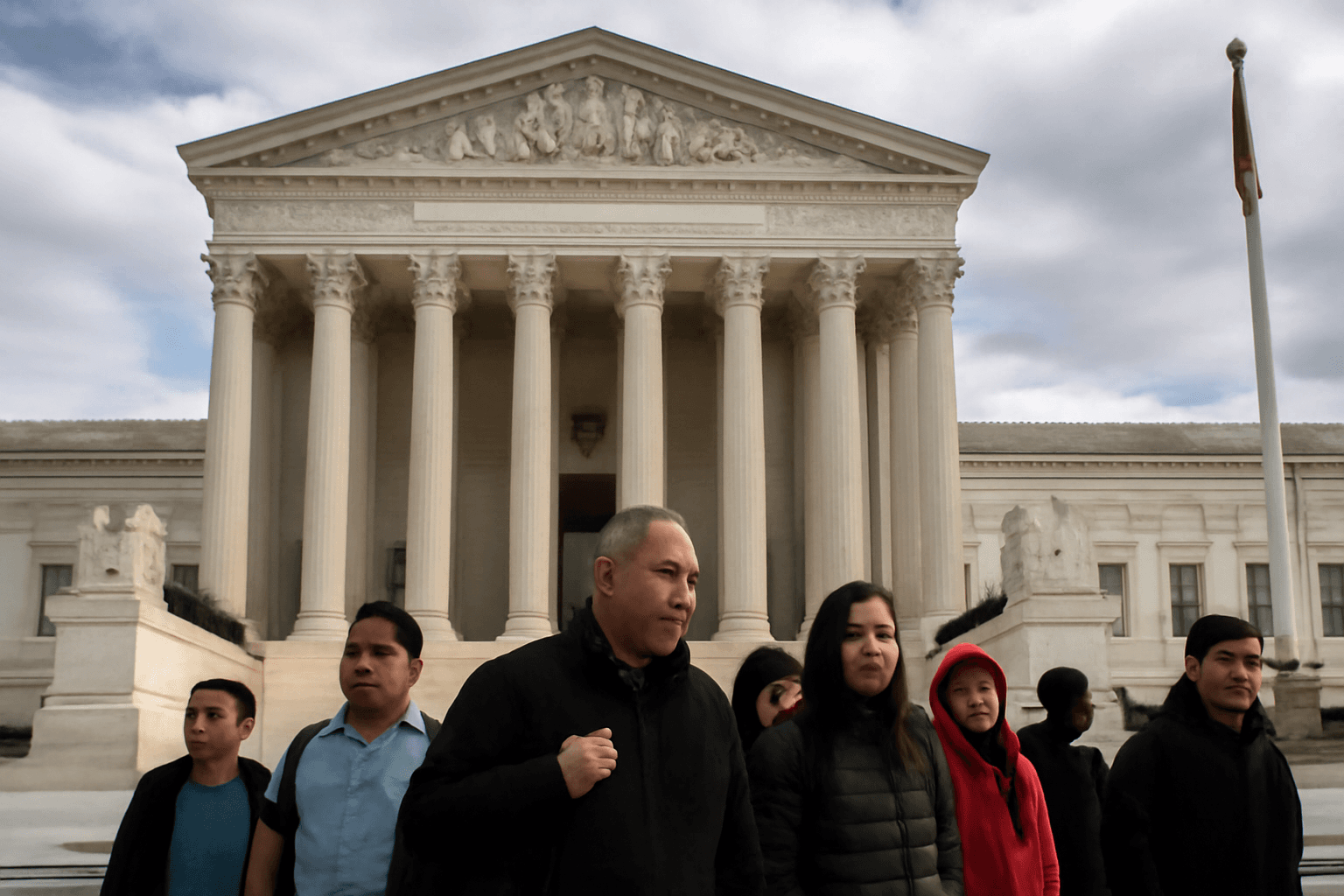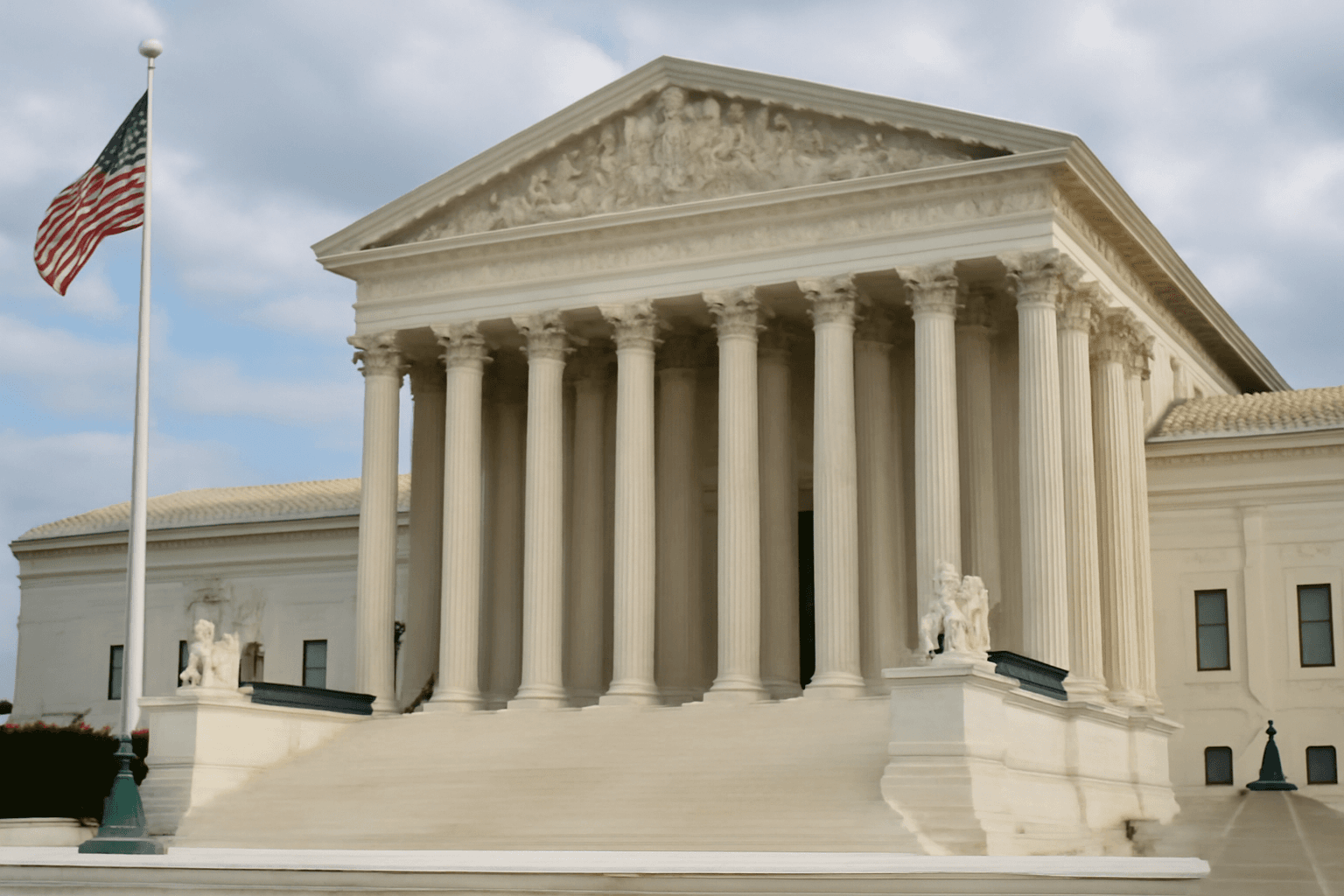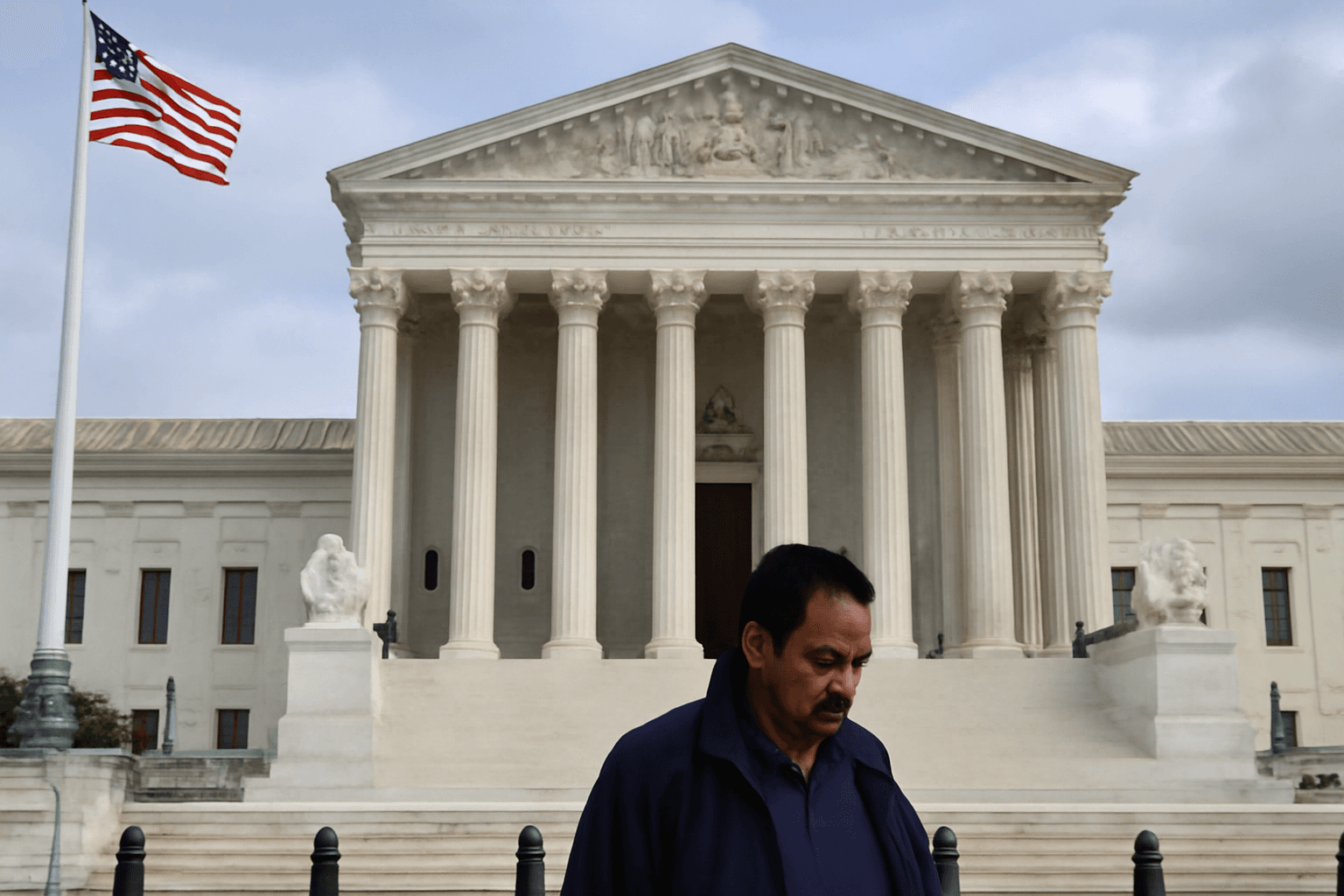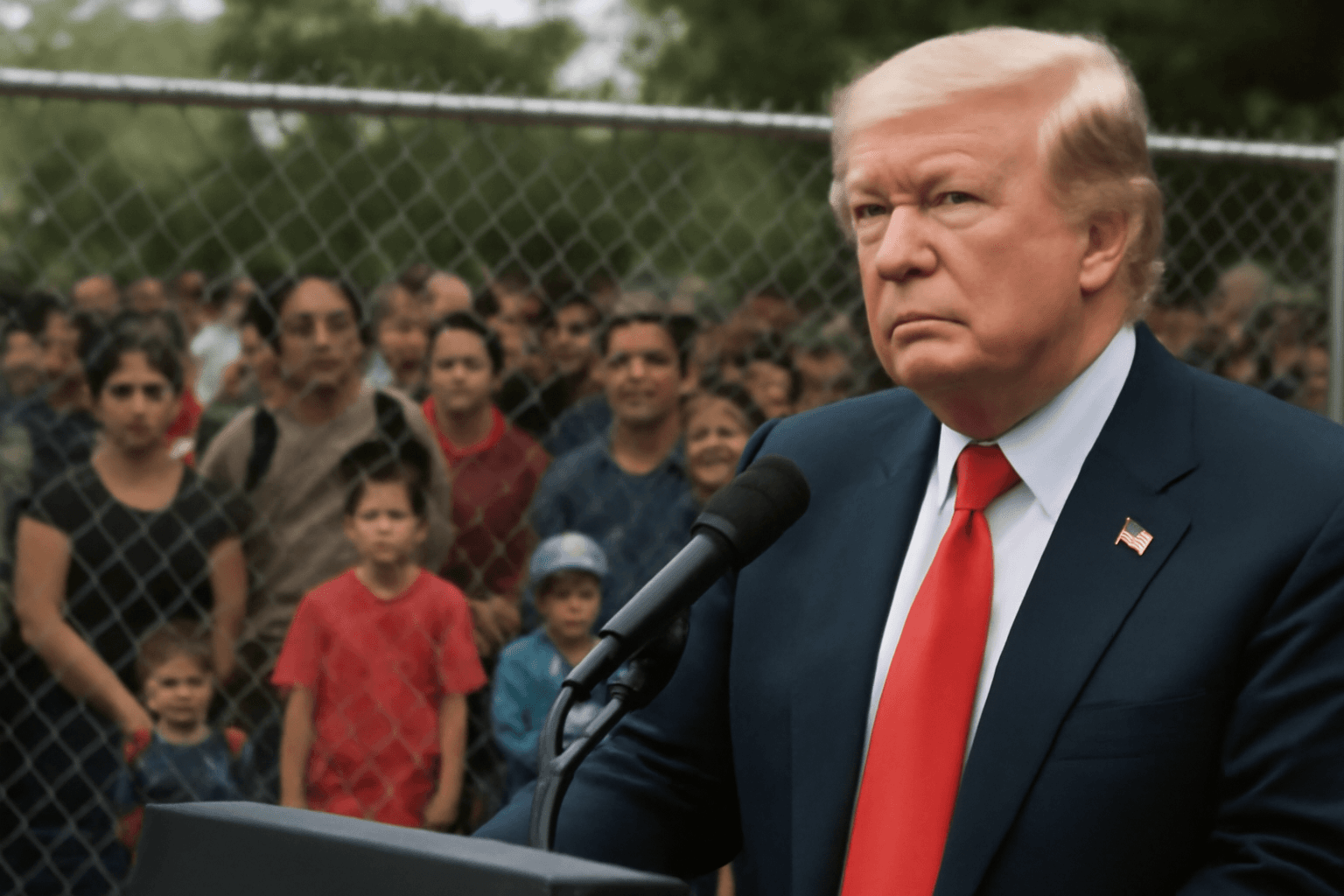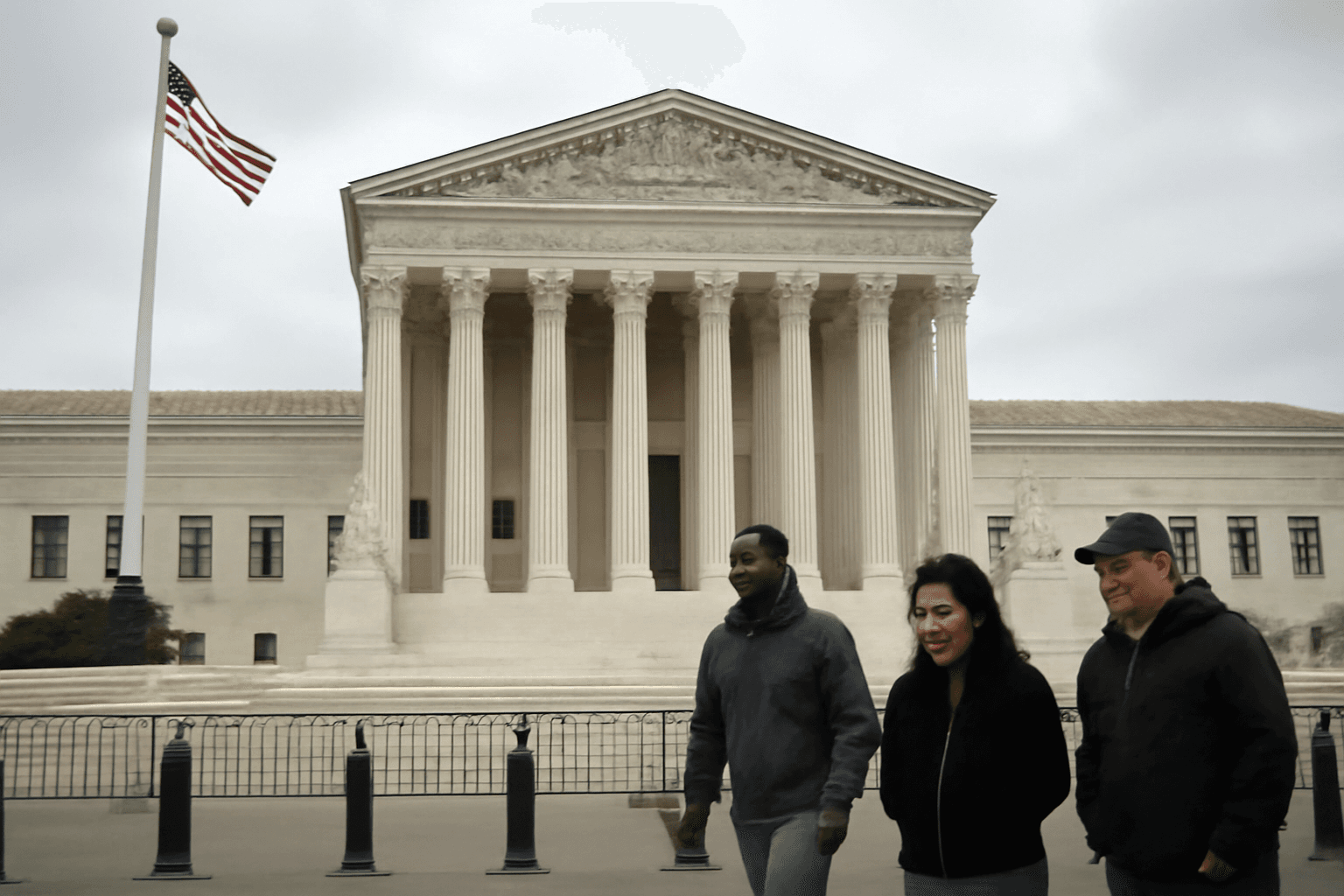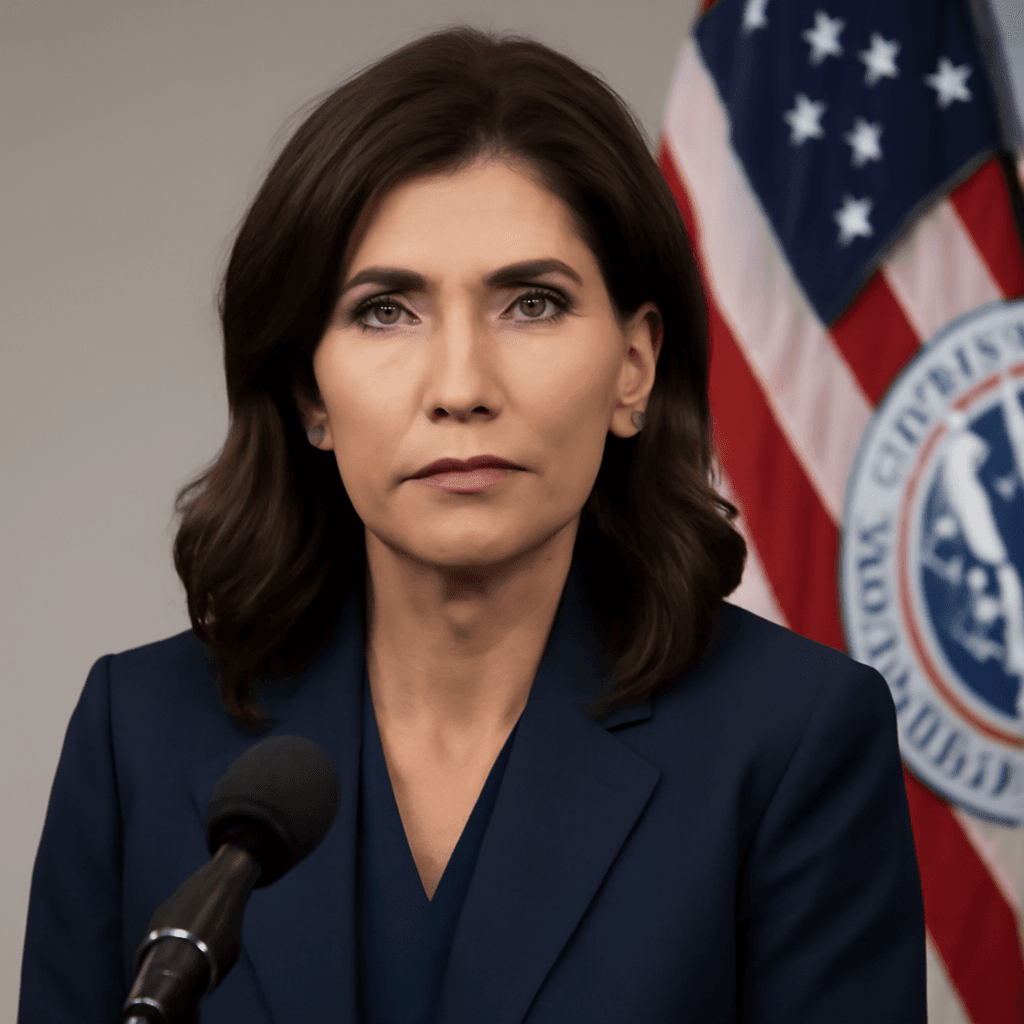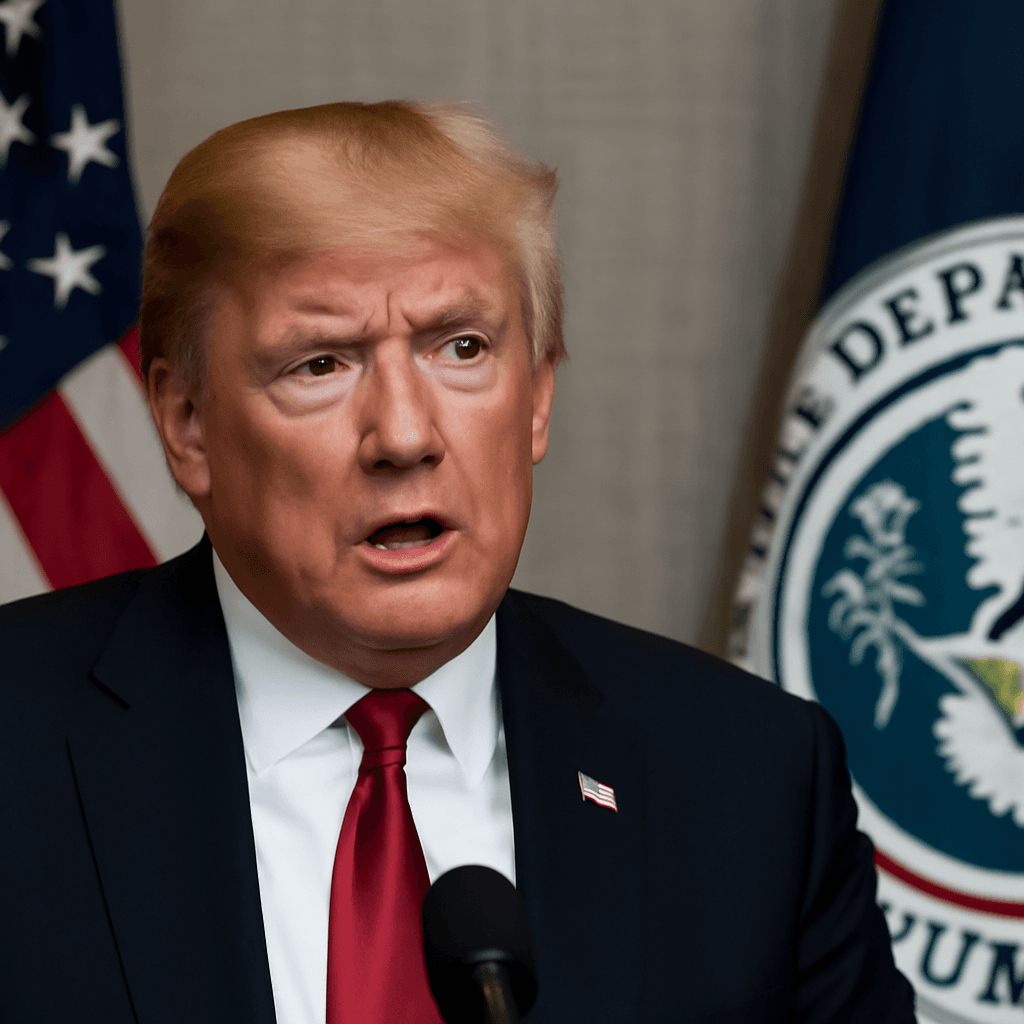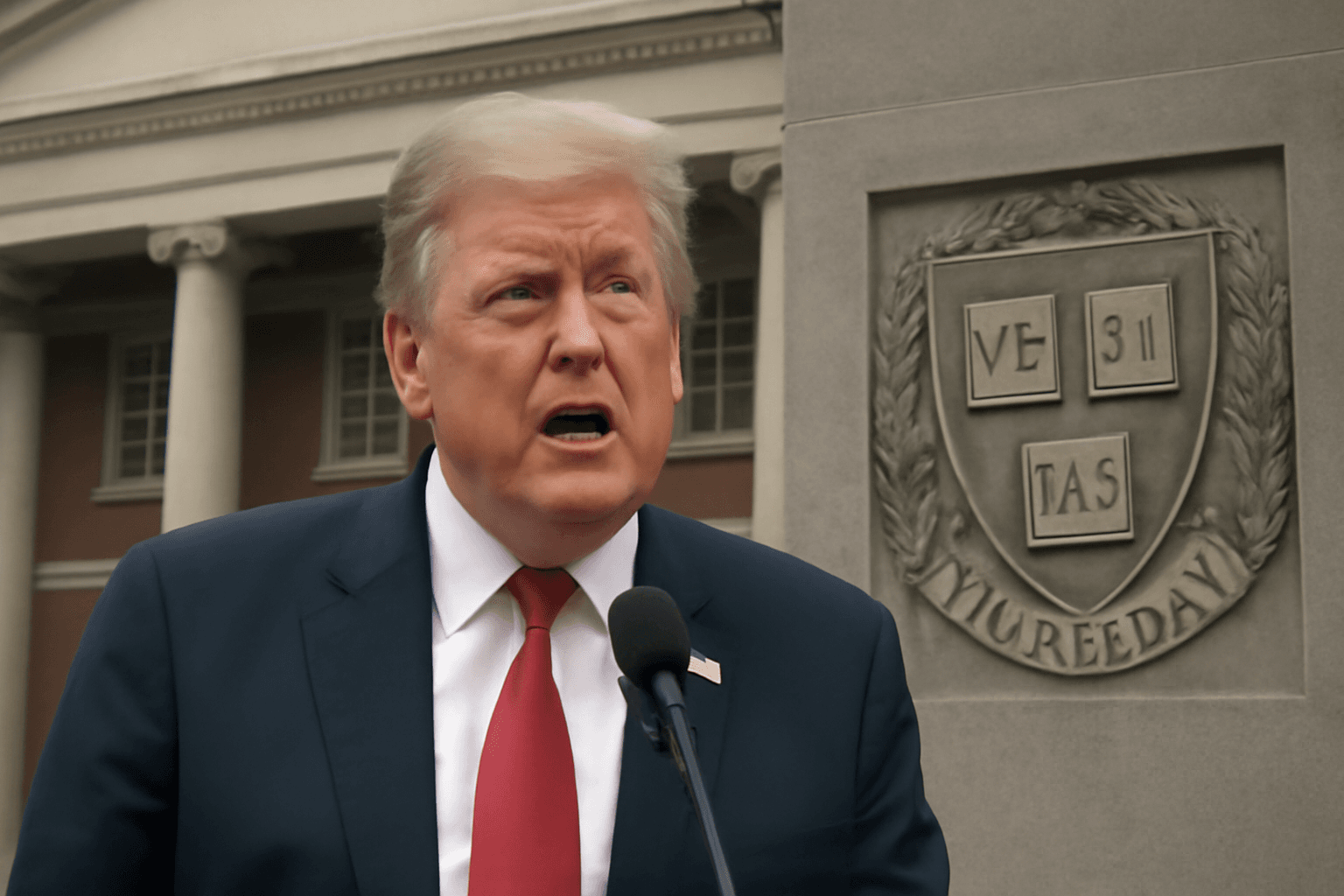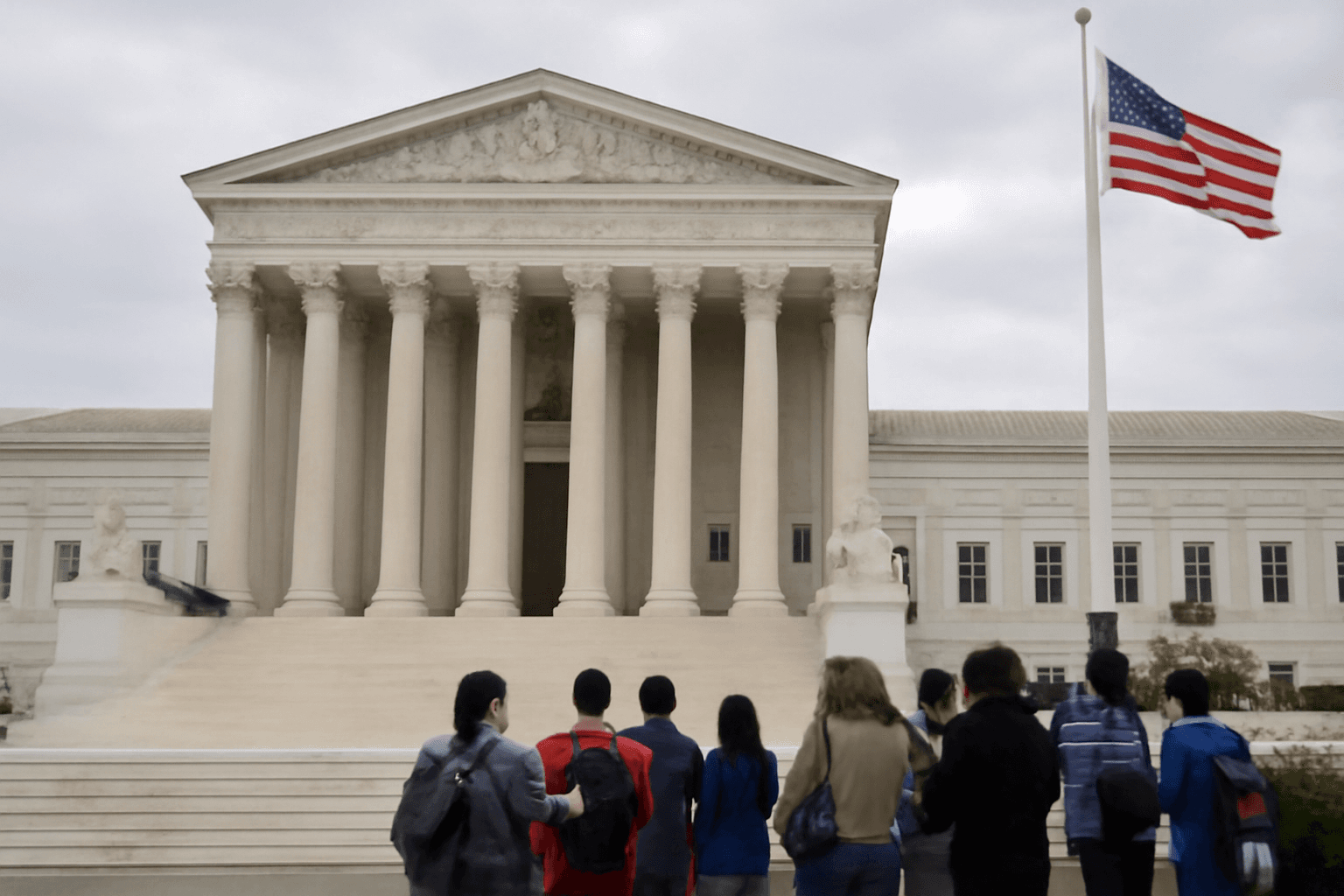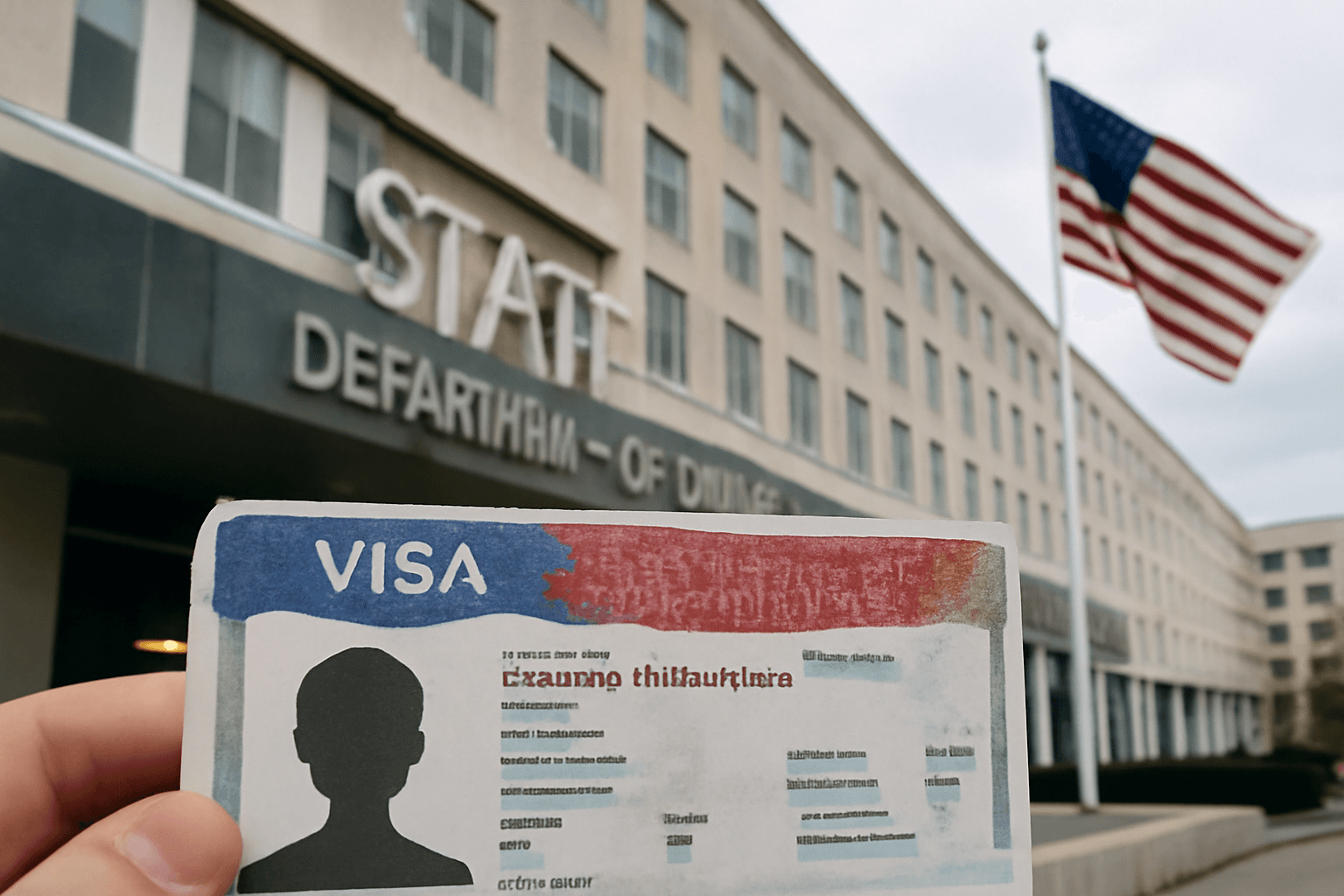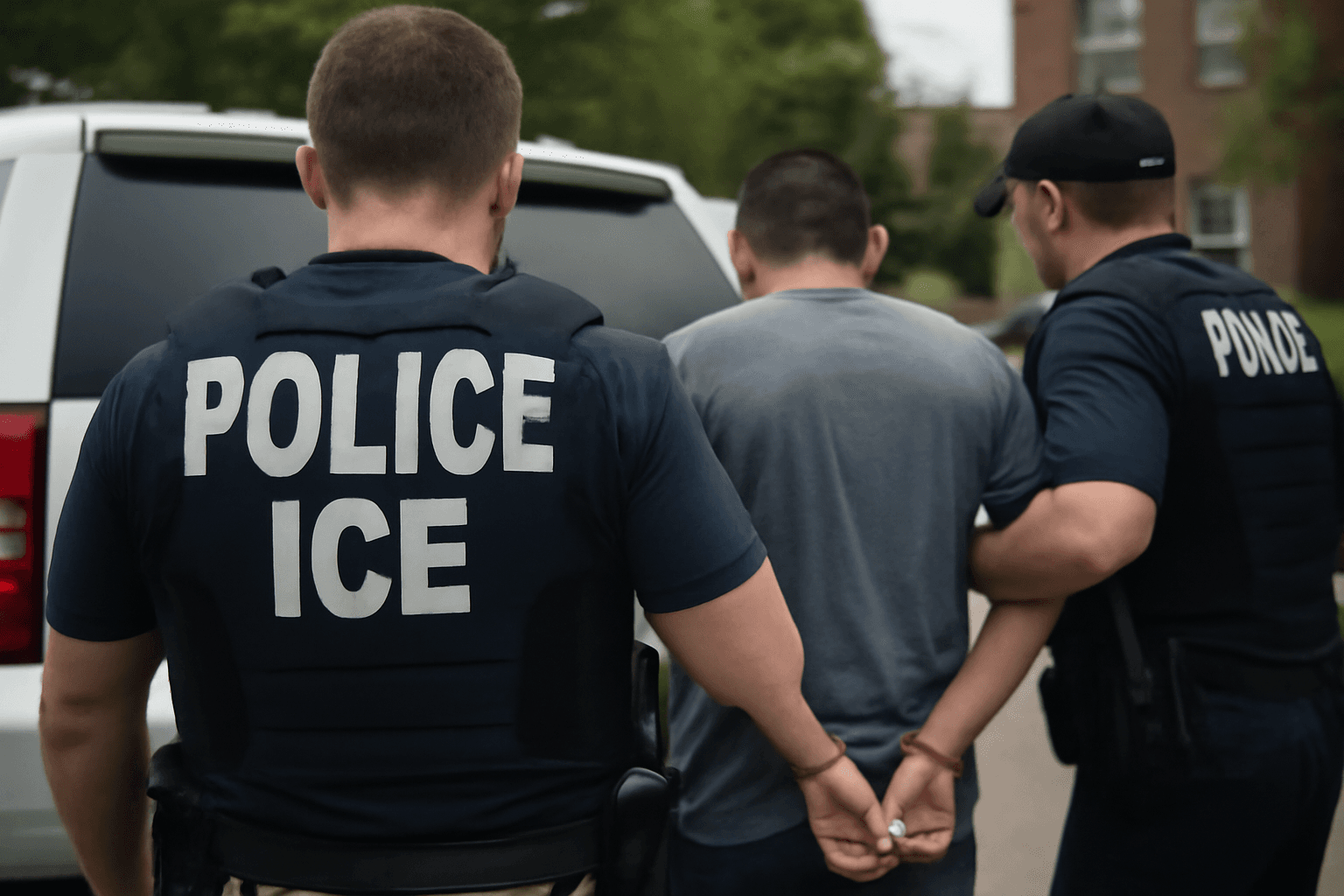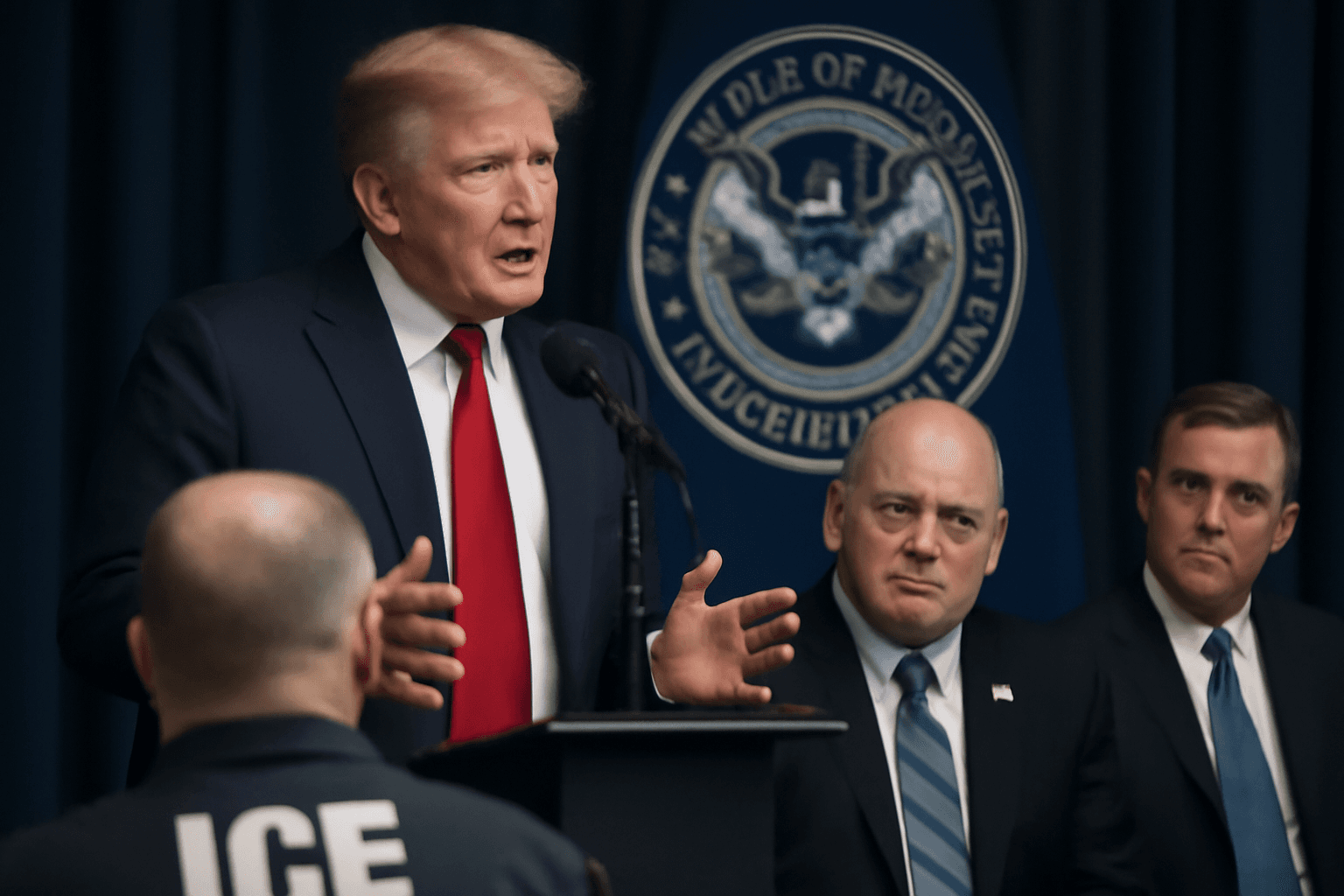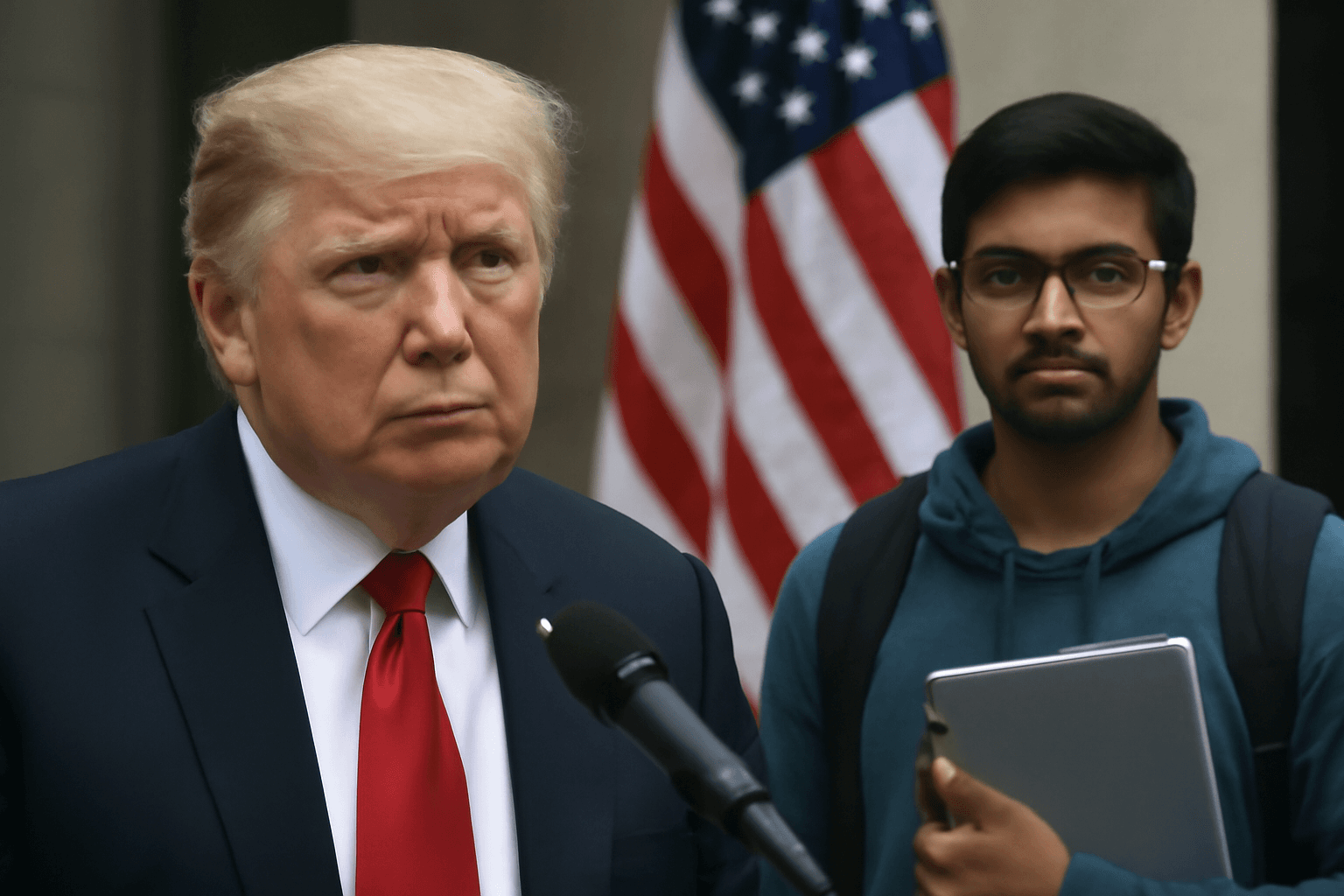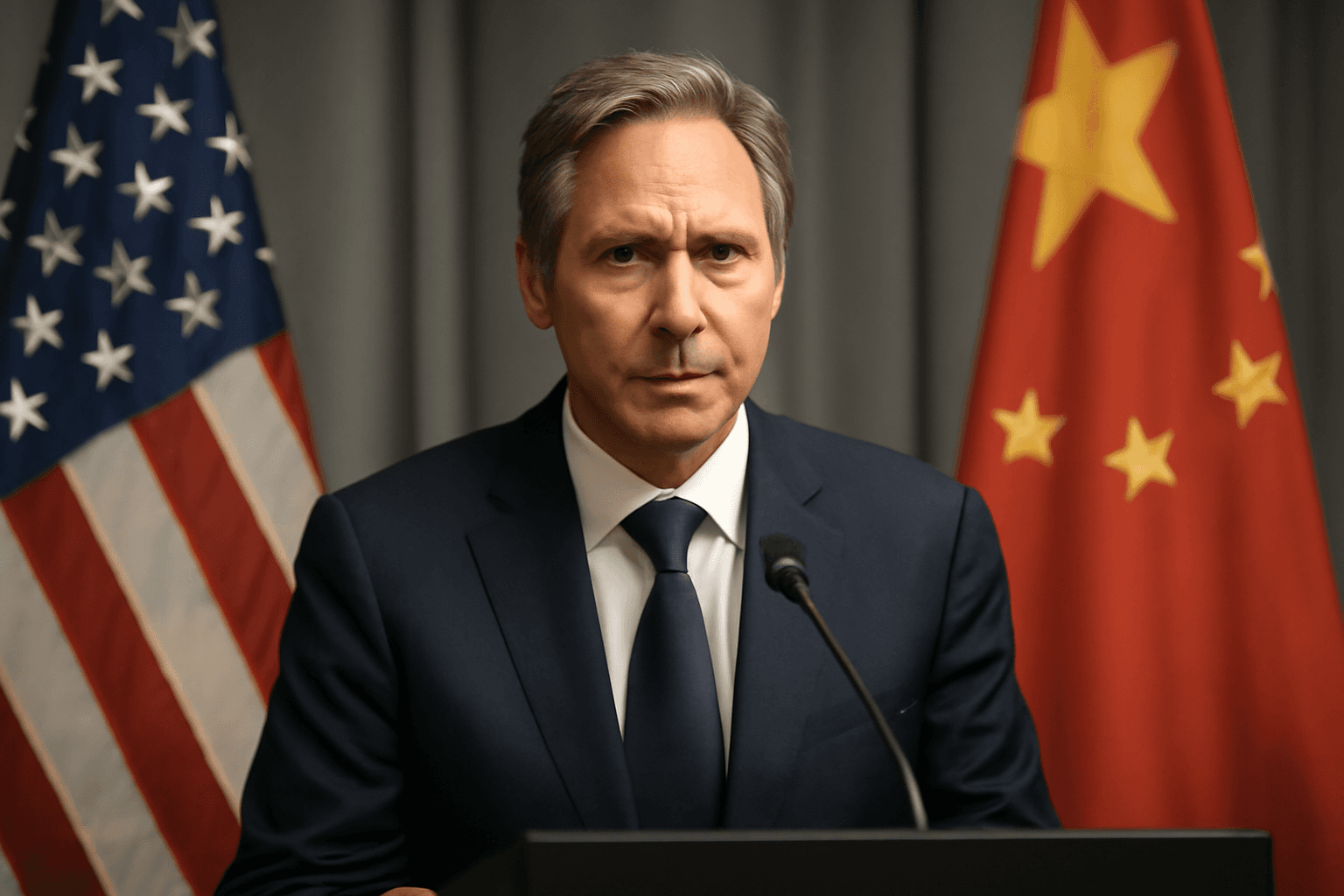The US Supreme Court has permitted the Trump administration to terminate the temporary legal status, known as immigration parole, for approximately 532,000 migrants from Venezuela, Cuba, Haiti, and Nicaragua residing in the United States. This decision supports the administration's effort to intensify deportations.
The Court stayed a lower court order issued by Judge Indira Talwani, which had previously blocked the administration's attempt to end the parole program established under the Biden administration. The hold on the parole revocation exposes affected migrants to potential expedited removal while the legal proceedings continue in lower courts.
Immigration parole allows individuals temporary authorization to live and work in the US for urgent humanitarian reasons or significant public benefit. The Biden administration extended this status to migrants from several Latin American countries as part of its strategy to manage illegal immigration along the US-Mexico border.
Upon his return to office, President Trump moved via executive order to end these humanitarian parole programs, with the Department of Homeland Security acting to revoke the two-year parole grants starting March 2025. This revocation aims to facilitate the placement of these migrants into a fast-track deportation procedure called expedited removal.
The Supreme Court's order was unsigned and issued without explanation. Justices Ketanji Brown Jackson and Sonia Sotomayor dissented, emphasizing the severe impact on the lives of nearly half a million noncitizens should the government disrupt their status amid ongoing litigation.
Advocates and plaintiff organizations representing affected migrants voiced strong concerns about the decision's consequences, highlighting the fear and instability it may impose on families and communities. Legal challenges argue that the administration's blanket termination of parole violates federal law, which requires individualized case reviews.
Despite opposition in lower courts, the administration maintains that continuing the parole program undermines immigration policies intended to deter unlawful entry, policies that featured prominently in the recent presidential election.
The Supreme Court previously allowed a similar move by the Trump administration to end Temporary Protected Status for roughly 350,000 Venezuelan migrants. The ongoing legal disputes reflect persistent tensions surrounding immigration policy and the rights of those granted temporary protection in the US.

